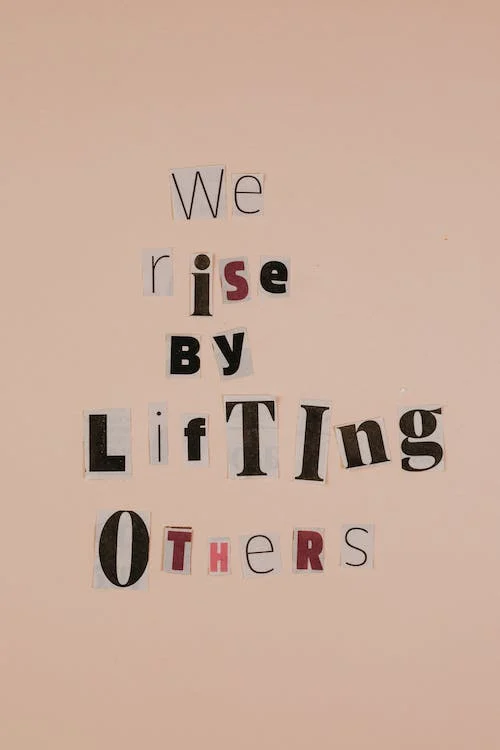Tools to Better Your Relationships
| By Erica Marriaga, MSW, LCSW

Do you find yourself focusing on the negative when it comes to parenting your child, or in your romantic or peer relationships? This might even happen in the workplace.
Do you ever notice that your child will look for a reaction from you when acting a certain way? When you do try and correct them, does it sometimes make the situation worse?
Many therapists have found that being more positive can go a long way to better relationships in the long run.
Often, parents and guardians attempt to use warnings or drastic punishments such as yelling to reduce negative behavior. According to the Nurtured Heart Approach, these behaviors are “energizing” which can energize the child to negative behaviors. In other words, since they are getting a response, the behavior is more likely to continue.
What Is Positive Reinforcement?
Simply put, positive reinforcement refers to shaping behavior that we want more of. For example, if you go to work, you will get a paycheck. Sounds easy, right? Let’s take a look below.
According to Positive Psychology, there are 4 different types of positive reinforcement:
- Natural reinforcers: reinforcers that occur directly as a result of the behavior (e.g., a student studies hard and does well on her exams, resulting in good grades).
- Token reinforcers: those that are awarded for performing certain behaviors and can be exchanged for something of value (e.g., parents devise a reward system in which the child earns stars, points, or some other token that they can save up and turn in for a reward).
- Social reinforcers: those that involve others expressing their approval of a behavior (e.g., a teacher, parent, or employer saying, “Good job!” or “Excellent work!”).
- Tangible reinforcers: reinforcers that are actual physical or tangible rewards (e.g., cash, toys, treats; Cherry, 2018).

How Do I Use Positive Reinforcement?
- Offering praise
- Giving a hug or a pat on the back
- Giving a thumbs up
- Clapping and cheering
- Telling another adult how proud you are of your child’s behavior while your child is listening
- Giving extra privileges
- Giving tangible rewards.
Why Use Positive Reinforcement?
- Motivates new behaviors in others
- People often learn quickly when there are reinforcers
- Increases morale and motivation levels
- Allows for people to feel appreciated
Reach Out to a Counselor to Help
As always, if you find yourself struggling in these areas, do not hesitate to reach out for help. A licensed therapist or counselor can help empower you to be your best self!
Erica Marriaga is a proud fur-mama of her one-eyed rescue dog, Toby, and her puppy, Tucker. She loves to spend time with her son, husband, and bond with her family, nieces, and nephews. Erica is passionate and enthusiastic about her role as a therapist. EWC has locations in Manalapan and Shrewsbury, NJ, and accepts a variety of insurances.
EWC has locations in Manalapan and Shrewsbury, NJ, and accepts a variety of insurances.
Check out Erica’s professional bio here!
Email Us: info@exceptionalwellnesscounseling.com
Call Now: (908) 415-2042
NEXT STEPS & RESOURCES
- Are you ready to take your first step? Reach out to us.
- Do you feel you may benefit from counseling during this time? Take the first step.
- Interested in online counseling? Learn more.
- Interested in group counseling? Learn More
- Resources

